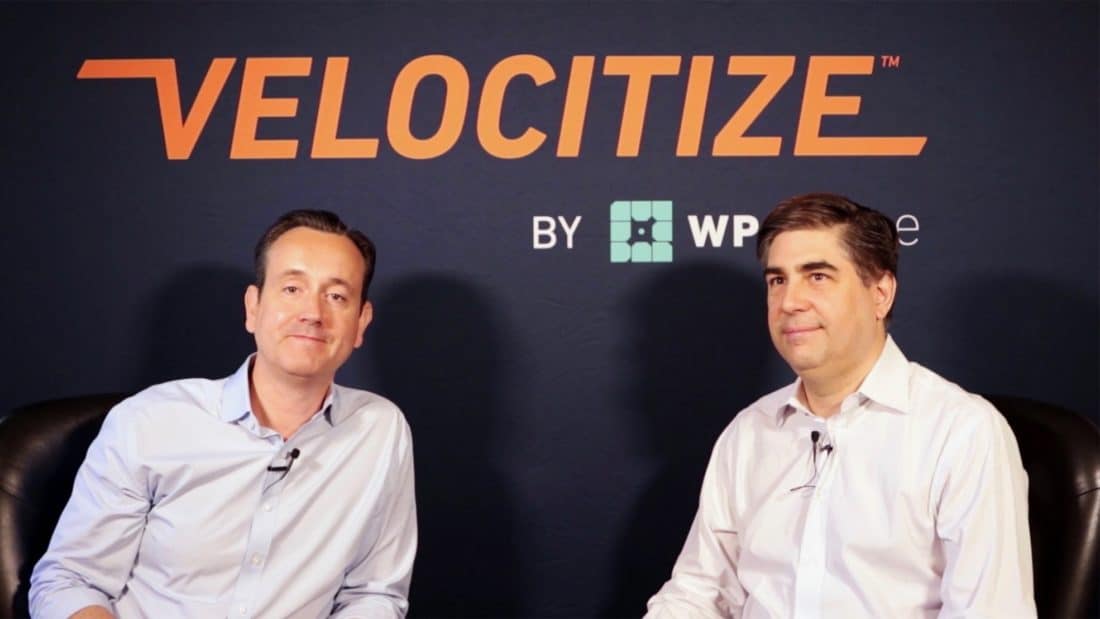Marketers have to be educators of their fellow executives, communicating the need to enact digital transformation, even in traditional industries, said Darren Taylor, CMO of MORSCO, a distributor of commercial plumbing products. A CMO benefits from knowing all the lines of business in an organization, said Taylor, who has worked in sales, branch operations and supply chain as well as in e-commerce.
“All that needs to come together at the same time to drive a great customer experience and to drive profitability for the organization and to drive value for customers,” he told Velocitize Talks
Business to business marketers can leverage content at two levels, said Taylor: At the product level, they can generate content designed for educating clients about materials and their use, but also can provide businesses the data to manage their accounts, which can be an advantage in traditional industries were automation is not widespread.
CMOs are increasingly tasked with digital transformation at their organizations, but to carry out such a large task, the first step is to educate the management team and form measurable goals, said Taylor. The CMO has to ground the goals of the project, but bring the team along: “People support what they help create,” he said.
But in spite of digital transformation, the real world is still part of the experience, and they need to be part of a seamless process. This may require changes in how the organization is structured and especially how people are managed, said Taylor. “You have to be very thoughtful,” he said.
Even in a B-to-B environment, personalization has its place, but it is more complex than individual offerings, said Taylor: “It’s what makes B-to-B more interesting than B-to-C.”
Watch the full video of this interview below, plus other Velocitize Talks interviews, podcasts, and more in our YouTube channel.
Join us in coming weeks as we share more interviews, insights and intelligence on Velocitize Talks.
